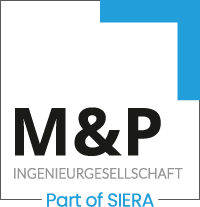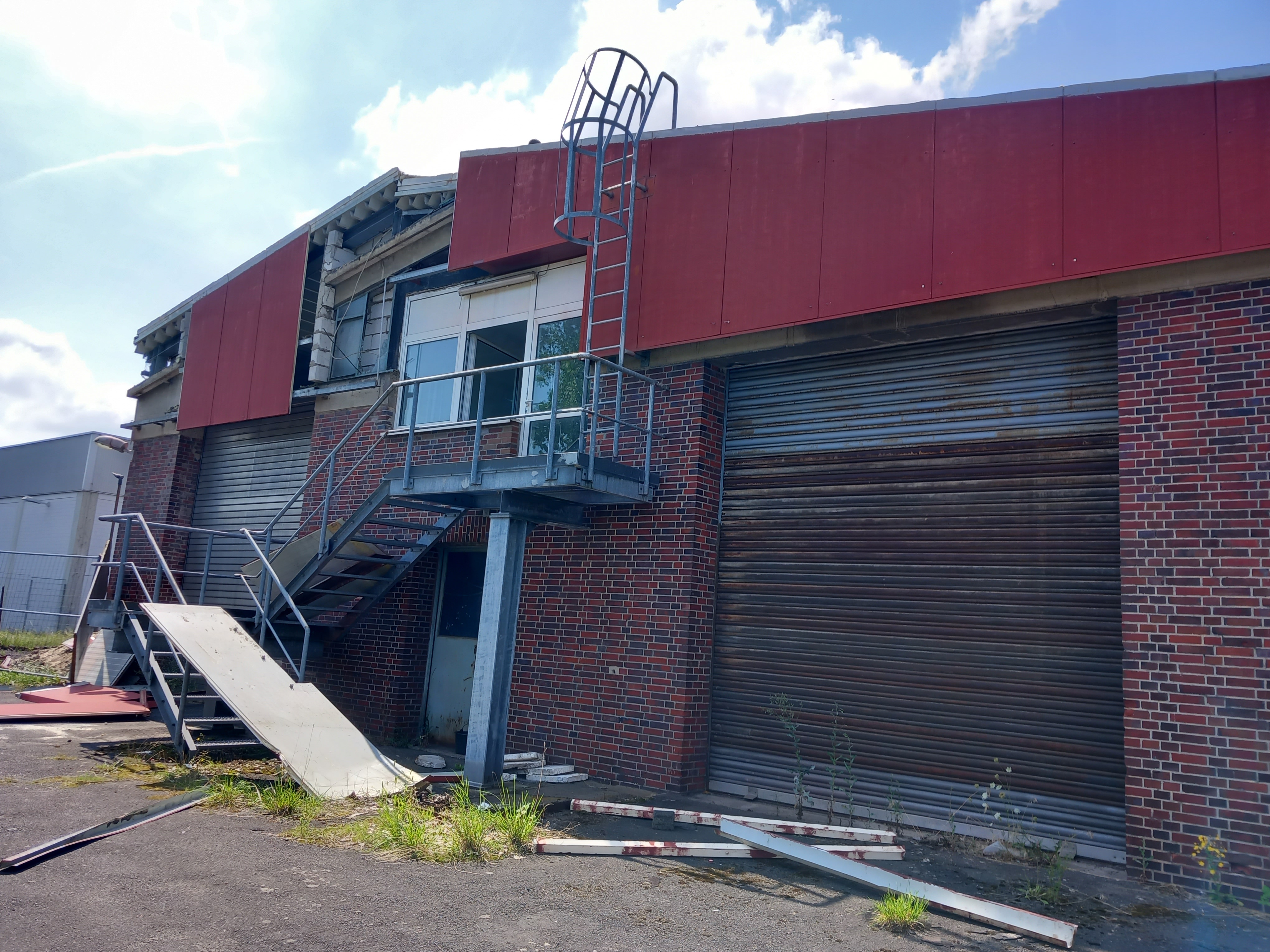Who's that knocking? It's the great spotted woodpecker making itself comfortable in its nest in the building façade.
To ensure that bird nests and bat roosts are not damaged during construction projects, Mull und Partner's nature and species conservation team supports construction projects in particularly critical phases with environmental construction monitoring.
This also applies to the hall in Braunschweig shown in the picture. This was to be dismantled. However, the rear side of the façade panels was not recognisable before the dismantling began. It is possible that birds or bats could have roosted there.
As environmental construction supervisors, Mull und Partner supports all environmentally relevant interests. In doing so, we take on an accompanying and advisory role. This does not necessarily have to take place during the entire construction phase; often only individual construction phases are monitored, such as the acceptance of the façade panels on the hall. Specially trained members of our team take on the accompanying function.
But what happens if someone actually lives there? The destruction of a repeatedly used breeding habitat may constitute a criminal offence. To ensure that construction work is not halted for a longer period of time in such cases, the environmental construction supervisor quickly initiates avoidance measures. Once the animals are safe and the nature conservation authority has given its approval, work can continue.
In order to comply with the ban on killing, disturbing or accessing animals as stipulated in Section 44 of the Federal Nature Conservation Act, the façade panels were removed individually so that it could be checked whether there were any animals behind them. The original assumptions were not confirmed here - no roost was present and therefore no animal was in danger.

